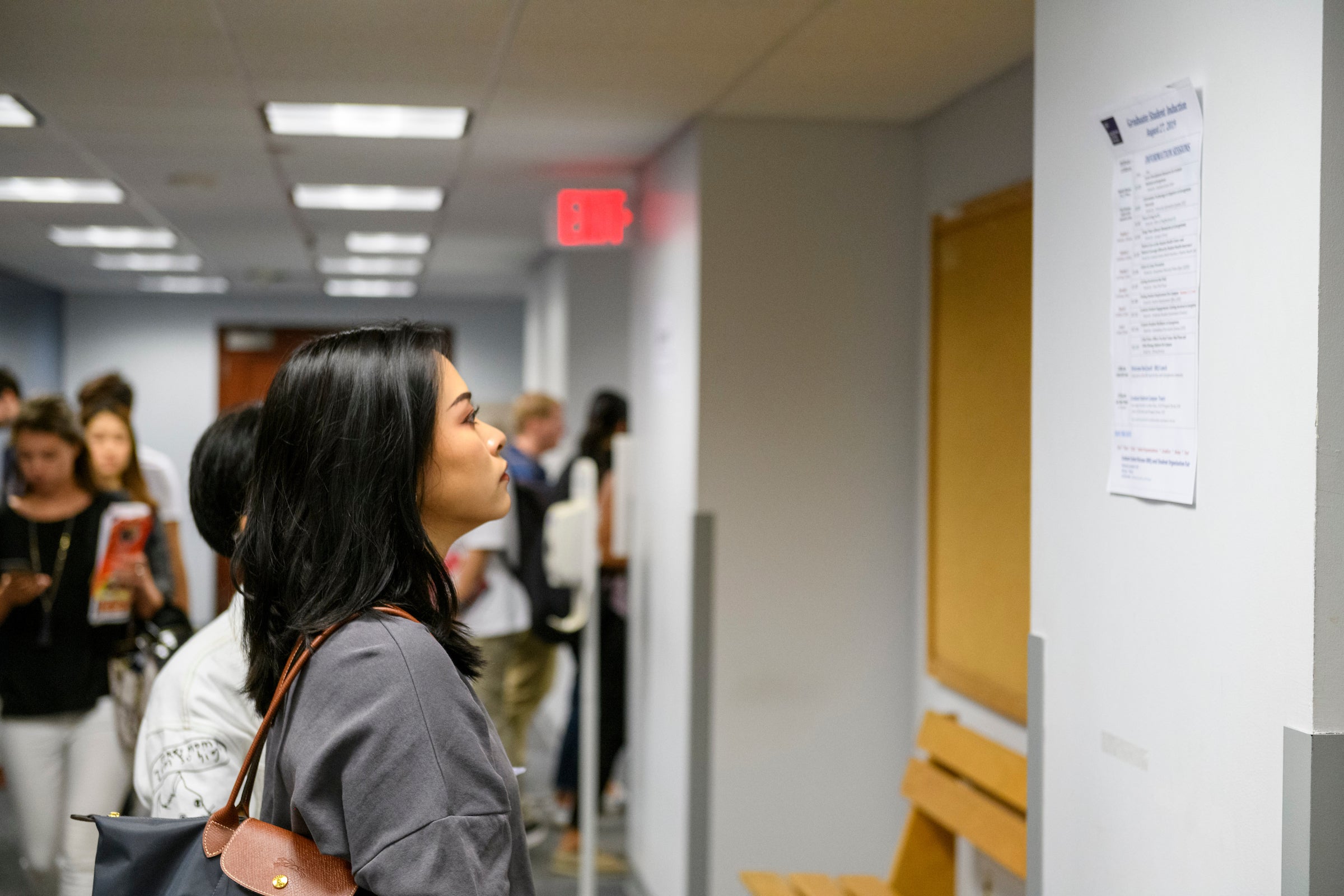Groups Committee
Groups Committee is responsible for maintaining Georgetown Campus Groups network, an online space for students to stay up-to-date with all things happening at Georgetown. Campus organisations and schools use Campus Groups to promote their events and allow students to reserve their spots. Groups Committee helps students to navigate this space, keep the network organised, and add new groups to the network.
Our Purpose
To act as a liaison between graduate student groups, the Office of Graduate Enrichment, and the GradGov Senate.









Group Formation Process
Are you looking to create a Georgetown student organization? Wanting to be added to Campus Groups? Then you are in the right place, follow these steps and we will be here to support you throughout the process and beyond.
- The General Assembly will vote to approve or deny your group establishment. If approved, your group may begin accessing funds starting in the Spring. Please refer to the Access to Benefits page for more details on requirements and resources granted. More general information on student groups can be found on the Student Organizations page . Under Hoyalink you may also access other groups’ documentation such as their constitution. This will familiarize you with a general outline of your group’s own constitution. The Center for Student Engagement (CSE) is the broad umbrella organization under which GradGov and GradGov groups fall. It might be worth exploring some of the resources they have on their website as well.
If you would like to chat further about this process and the benefits you would gain by becoming a GradGov group, please do not hesitate to contact Julee Suh, the Director of Groups.

